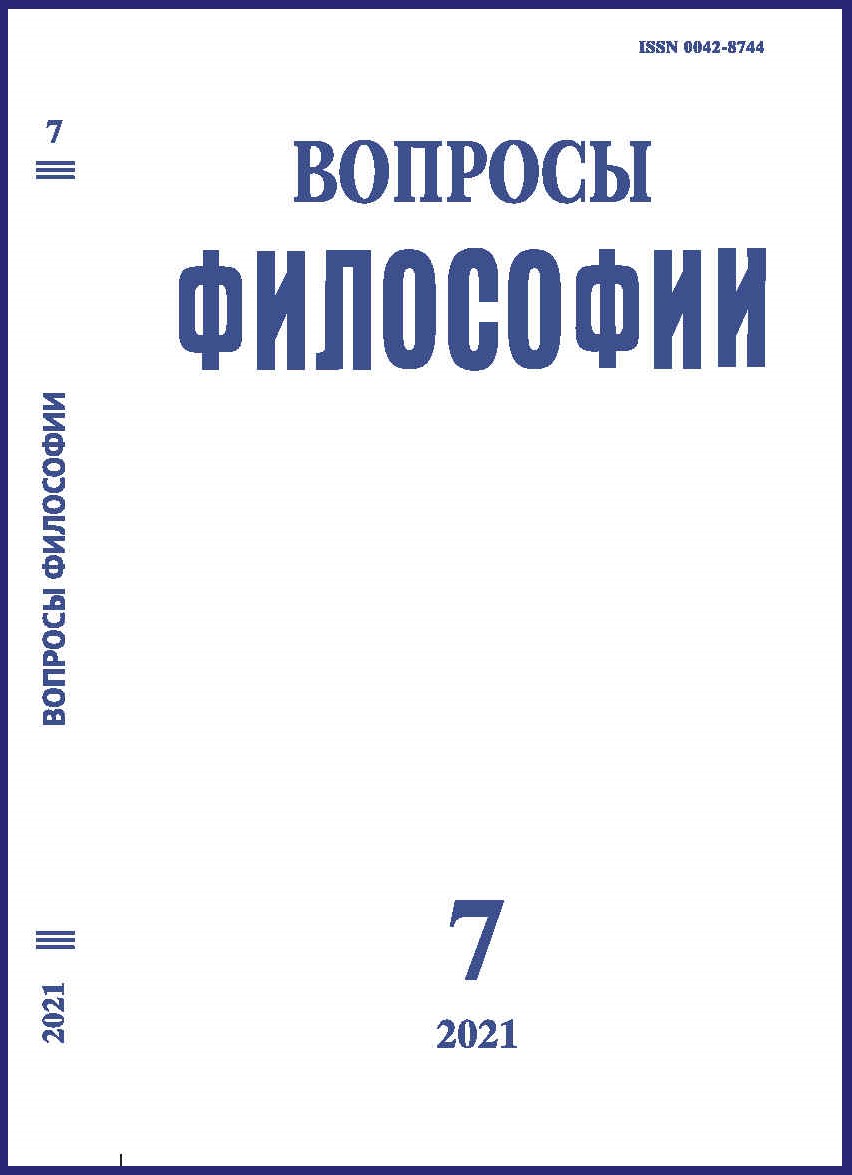On the article “Das vergessene Geheimnis der menschlichen Liebe. Versuch einer Annäherung” by Gerhard Oberhammer
DOI:
https://doi.org/10.21146/0042-8744-2021-7-177-182Keywords:
Oberhammer, translation, German language, Sanskrit, technical terms, Indian studies, love, transcendence, intimacyAbstract
This article, based on the mentioned text, discusses the style of translation and philosophical research of an eminent Austrian indologist Gerhard Oberhammer. A number of impressive German equivalents of Sanskrit technical terms proposed by him is examined. 1. Sanskrit sañjñābelongs to general scholarly and philosophical vocabulary, but it is used by Brahmanist authors mainly in a semiotic sense, viz., “[technical] term” whereas their Buddhist opponents meant it’s mental counterpart “definite perception”. Indologists before Oberhammer were inclined to biased one sided translations. Oberhammers’ Sprachvorstellung (“linguistic perception”) unites both of them. 2. Smṛti (literally – “memory”) is rendered by Erinnern with a very appropriate connotation “Interiorisation”. 3. Bhāvanā is translated not by usual and vague “meditation”, but by Darstellung and Vergegenwärtigung. The main conclusion of the author is reformulated by me as follows: any project of an ultimate personal intimacy have as its prerequisite a variety of transcendence and is therefore realizable only within a spiritual path. I totally agree. The pertinence and profoundness of this statement is substantiated by the comparative historical facts and speculations of the Tibetan Buddhist tradition unknown to Oberhammer.

